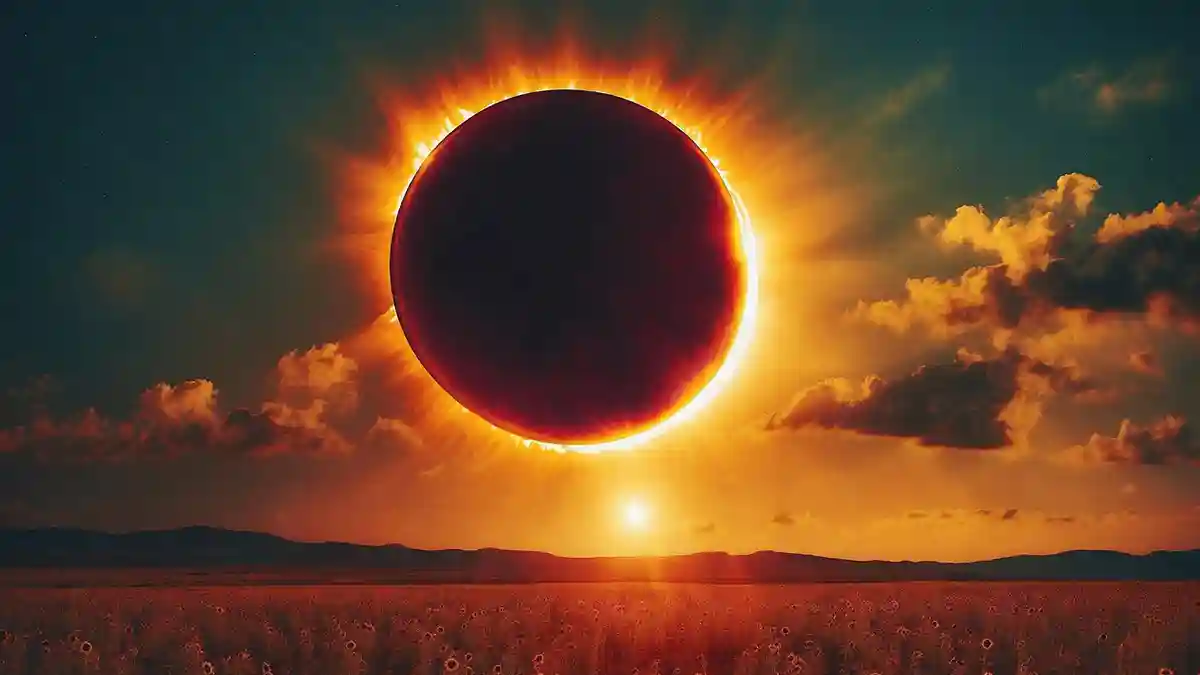Surya Grahan on September 21, 2025: Partial Solar Eclipse Visibility in India, Sutak Kaal Significance and Other Details To Know About the Celestial Event
By Team Latestly
Copyright latestly

Solar eclipses, known as Surya Grahan in India, usually occur during a new moon phase, usually about twice a year. A solar eclipse is caused by the moon passing between the sun and the Earth, casting a shadow over the planet. Skywatchers are gearing up to witness the year’s final solar eclipse. The September 21 solar eclipse is a partial eclipse with the moon obscuring a significant portion of the sun. However, the timing places it below the horizon for India, making it unable to be viewed by people in India. The spectacle is available across the southern hemisphere. In this article, let us understand the partial solar eclipse 2025 visibility in India, sutak kaal significance and other details to know about the celestial event. Surya Grahan 2025 Date in India The final solar eclipse of 2025 is on September 21. This is a partial solar eclipse. A partial solar eclipse occurs when the moon passes between the sun and Earth, when the trio is not perfectly aligned. As a result, the partial shadow passes over you, and the sun will be partially obscured. Surya Grahan 2025 Visibility in India and Sutak Kaal Significance Surya Grahan 2025 on September 21 is a partial solar eclipse. The celestial event will begin at 10:59 PM IST on September 21 and reach its maximum at 01:11 AM IST on September 22, and end at 03:23 AM IST. For India, the timing means the sun will already be below the horizon, making the partial solar eclipse invisible to viewers across the country. Sutak is considered to be an inauspicious period that occurs before certain significant events like solar or lunar eclipses. Since the September 21 partial solar eclipse is not visible in India, sutak kaal is not applicable. Watch September 21 Partial Solar Eclipse Live Streaming: Across cultures and civilisations, solar eclipses have carried deep spiritual, cultural, and scientific significance. In ancient times, eclipses were often viewed with awe, fear, or reverence, as people associated them with divine messages, cosmic events, or turning points in history. Many traditions considered it a time for reflection, prayer, and purification, with some even treating it as a moment of spiritual awakening or renewal. Scientifically, solar eclipses have great importance as they provide unique opportunities to study the Sun’s corona, solar flares, and other astronomical phenomena that are otherwise difficult to observe.



